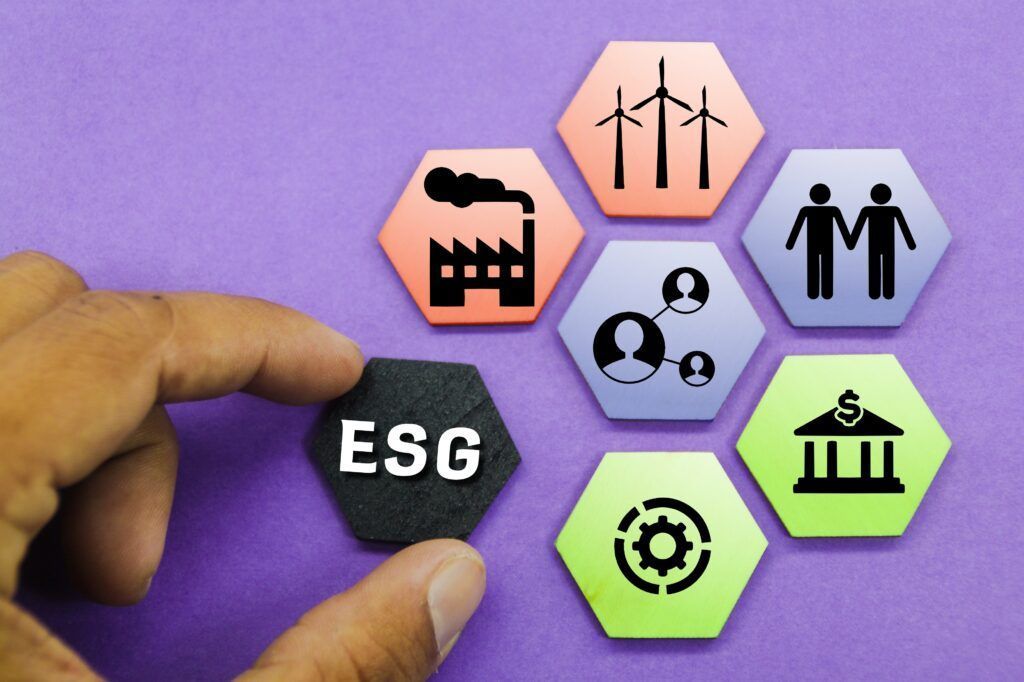The Sustainability Revolution: DECATHLON's Transformation into NOLHTACED a Sports Retail Landscape Promoting Buy-Back Services
Explore the transformative journey of DECATHLON as it evolves into NOLHTACED. Learn how this shift redefines the sports retail landscape, promoting sustainability and inspiring consumer change.
Introduction
In the ever-evolving world of retail, one name stands out - DECATHLON. But wait, it's not DECATHLON anymore; it's NOLHTACED (pronounced Noltakket). While the former might sound like a chapter closed, the latter heralds a new beginning. In this article, we will explore the transformation of DECATHLON into NOLHTACED and how this change is revolutionizing the sports retail industry while promoting sustainability and inspiring consumer change.
The Rebirth: From DECATHLON to NOLHTACED - Embracing Change
DECATHLON's transition into NOLHTACED is not just a mere rebranding effort; it's a profound shift in ideology and purpose. It signifies the brand's commitment to a sustainable future and a new approach to serving its customers.
NOLHTACED: A Name with Purpose - Unlocking the Anagram
NOLHTACED, an anagram of DECATHLON, holds a deeper meaning. It symbolizes the reversal of traditional shopping habits and encourages consumers to rethink their approach to sports retail. It's not just a name; it's a mission.
The Sustainable Vision: Arnaud De Coster's Vision
Arnaud De Coster, the second-hand NOLHTACED Belgium manager, is the visionary behind this transformation. He envisions a world where everyone can enjoy sports in an environmentally conscious way. NOLHTACED is fully committed to its buy-back service, second-hand offerings, rentals, and repairs.
The Evolution of Consumerism: Redefining Possession
In the era of NOLHTACED, ownership is no longer the focal point. It's about the experience and functionality of the sporting goods. Consumers are beginning to understand that less is more, and NOLHTACED is here to facilitate that change.
The NOLHTACED Experience: Promoting Sustainability
NOLHTACED's commitment to sustainability goes beyond words. It's backed by action. The buy-back service ensures that sporting goods are not discarded but given a new lease on life. Repair services extend the lifespan of products, reducing waste.
The Marketing Magic: From DECATHLON to NOLHTACED
The shift from DECATHLON to NOLHTACED is not just a name change; it's a strategic marketing move. It grabs attention, creates intrigue, and invites consumers to explore the brand's new identity.
The Power of Storytelling: Connecting with Consumers
Storytelling is at the heart of NOLHTACED's marketing strategy. It's not just about selling products; it's about conveying a commitment to sustainability and conscious consumerism. NOLHTACED's story resonates with consumers seeking brands that align with their values.
A Call to Action: Join the Movement
NOLHTACED's transformation is not a solitary journey; it invites consumers to be a part of the change. It encourages individuals to resell, repair, and rent sporting goods, ultimately contributing to a more sustainable future.
Conclusion
DECATHLON's transformation into NOLHTACED signifies a bold step towards a sustainable future. It's not just a name change; it's a commitment to redefining consumerism, reducing waste, and promoting conscious choices. NOLHTACED invites us all to be a part of this transformative journey, inspiring a new era of sports retail.
How can I make my ESG more Effective?
At NBS factory, we're committed to sustainable practices backed by science. We believe in transparency, not empty slogans. We understand the value of ESG and how to help with these challenges. The clock is ticking and there's no time for BS 😅 Your journey to ESG excellence begins with a single step and we're here to support you. Send us an email now hello@nbs-factory.com
or click here 👉 to request a demo
NBS factory specializes in developing ESG strategy and compliance by
- Conducting ESG assessments and audits
- Developing sustainability strategies and action plans
- Assisting in transparent ESG reporting
- Providing training and awareness programs
- Offering ongoing support to navigate regulatory changes and market expectations
FAQs ❓
1. What Is the Relationship Between Sustainability and Consumerism?
Answer: Sustainability and consumerism are interconnected concepts. Sustainability involves responsible resource use and minimizing environmental impact, while consumerism refers to the consumption of goods and services. The relationship lies in making more conscious and eco-friendly consumption choices to reduce the negative impact on the environment and promote sustainable practices.
2. How Can Consumers Practice Sustainable Consumerism in Everyday Life?
Answer: Practicing sustainable consumerism involves making mindful choices in purchasing, usage, and disposal of products and services. Some key steps include buying products with eco-friendly certifications, reducing single-use plastics, conserving energy and water, supporting local and sustainable businesses, and recycling or repurposing items whenever possible.
3. What Role Do Brands and Businesses Play in Promoting Sustainable Consumerism?
Answer: Brands and businesses play a pivotal role in influencing consumer behavior. They can promote sustainable consumerism by offering eco-friendly products, adopting green manufacturing and supply chain practices, providing transparency about product sourcing and production processes, and actively engaging in sustainability initiatives and partnerships.
4. Why Is Sustainable Consumerism Important for the Future?
Answer: Sustainable consumerism is vital for a sustainable future. It helps reduce carbon footprints, conserve natural resources, protect ecosystems, and address global environmental challenges such as climate change. By making conscious choices, consumers can collectively drive positive change and contribute to a healthier planet for future generations.
By The NBS Factory Team, Revised & Edited by Socorro Mendez, SEO CopyWriter











